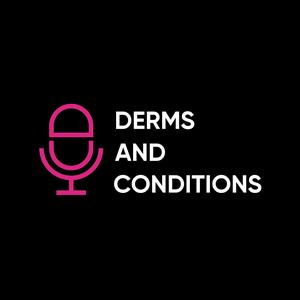In this episode of Derms and Conditions, host James Q. Del Rosso, DO, sits down with Laura Ferris, MD, to explore the path to, and realities of, serving as a department chair in academic dermatology.
They begin with Dr Ferris describing the motivations that led her to consider a leadership role, sharing the self-reflective questions that guided her thinking, including how to continue growing professionally, how care delivery can be improved, and where she could make the greatest long-term impact.
The conversation then turns to stepping into the chair role itself. Dr Ferris introduces the idea of a “listening tour,” and the value of meeting with faculty and staff early, understanding what matters most to them, and easing fears that change will disrupt what they value in their work. She stresses that a department’s success depends on shared ownership, not top-down decision-making.
They next discuss building productive relationships beyond the academic setting, particularly with community dermatologists. Dr Ferris describes her department’s noncompetitive approach, focusing on clinical excellence, referral partnerships, and aligning care so patients are matched with the right expertise.
A key portion of the discussion centers on working effectively with advanced practice providers (APPs). Dr Ferris outlines her department’s physician-to-APP model, highlighting mentorship, collaboration, and thoughtful delegation to ensure high-quality care.
The episode concludes with Dr Ferris sharing her goals for the future, including reducing silos, strengthening integration between clinical care and research, expanding translational efforts, and improving access for underserved and rural populations through tools like e-consults. She emphasizes the importance of engaging faculty, residents, and learners in shaping a shared vision and turning ideas into action.
Tune in to the episode to hear practical leadership insights, real-world lessons on collaboration, and thoughtful perspectives on guiding a dermatology department through growth and change.


